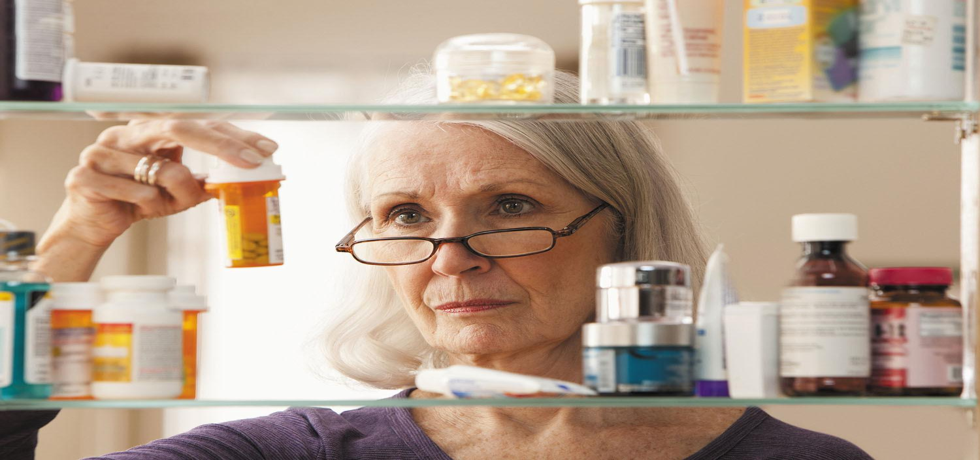
Skin Medication: The Hidden Effects
Understanding the Impact of Medications on Your Skin
Blood Thinners and Bruising
Blood-thinning medications are commonly prescribed to prevent clots but can have unintended side effects on your skin. As we age, our skin thins, and medications like warfarin can lead to spontaneous bruising and actinic purpura. These dark purple bruises may appear without any injury, making them a cosmetic concern. However, if youre on blood thinners, its crucial to discuss with your doctor before making any changes to your medication.
The Drying Effects of Isotretinoin
Isotretinoin, well-known for treating acne, is another skin medication that can significantly alter your skin. One of the most common side effects is excessive dryness which can leave your skin feeling tight and uncomfortable. Regular moisturization is essential to counteract this effect. One effective method is to apply a thin layer of petroleum jelly after your shower to lock in moisture.
Antibiotics: The Dual-Edged Sword
Many antibiotics can lead to skin changes as well. Two commonly prescribed medications, minocycline and doxycycline, can discolor healed skin and increase sun sensitivity respectively. If you are taking these antibiotics, be sure to stay alert to these potential skin changes and consider sun protection to avoid sunburns.
Heart and Blood Pressure Medications: A Color Change?
Certain medications used for heart conditions and blood pressure can result in noticeable skin changes. High doses of amiodarone may cause a blue-gray tint to sun-exposed skin, and hydrochlorothiazide has been linked to an increased risk of developing skin cancer. Always consult with your physician for alternatives if you notice any unusual skin changes while on these medications.
Supplements: Proceed with Caution
With the rise of health supplements, its essential to practice caution. Colloidal silver, deemed as a “snake oil medicine,” has been shown to cause a permanent blue tint to the skin when taken over an extended period. Always verify the safety and efficacy of supplements with a healthcare provider before incorporating them into your daily routine.
Concluding Thoughts: Prioritize Your Skin
Skin medications can significantly affect your skin’s health, often leading to unintended effects. It’s crucial to remain vigilant about how these medications interact with your skin. Always keep an open line of communication with your healthcare provider to manage any side effects efficiently.
By being proactive about skincare and medication management, you can enjoy healthier skin without the hidden impacts of medication.
FAQs
1. Can all medications cause skin changes?
Many medications can have side effects that impact your skin, but the severity and nature of the changes can vary widely.
2. What should I do if I notice changes in my skin?
Consult your dermatologist or healthcare provider immediately for personalized advice and management options.
3. Is it safe to stop medication if I experience skin changes?
Never stop taking prescribed medications without consulting your doctor, as this could have serious health implications.
For professional assistance and expert advice from leading dermatologists like Dr. Hital Patel, experience the benefits of skin medication effects with Hair & Skin Specialist Dr. Hital Patel at The Skin Artistry. Our clinics in PDPU Gandhinagar, Vastrapur Ahmedabad, and Hyderabad (Visiting Consultant) offer top-quality care and personalized treatments. Visit us today to learn more about our services and take advantage of our special offers! For more insights, updates, or to collaborate, stay connected with The Skin Artistry.

